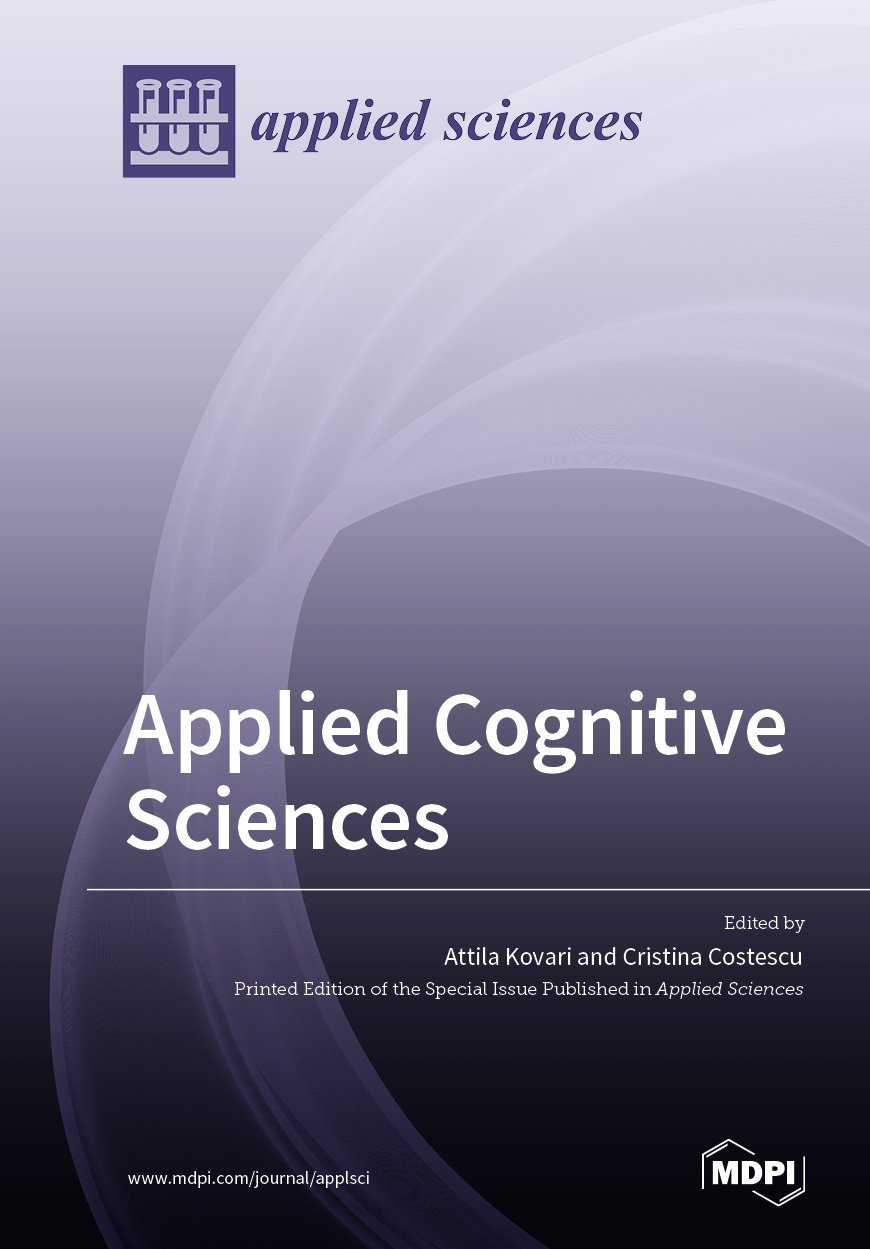HDLNIDS: Hybrid Deep-Learning-Based Network Intrusion Detection System
IF 2.5
4区 综合性期刊
Q2 CHEMISTRY, MULTIDISCIPLINARY
引用次数: 5
Abstract
Attacks on networks are currently the most pressing issue confronting modern society. Network risks affect all networks, from small to large. An intrusion detection system must be present for detecting and mitigating hostile attacks inside networks. Machine Learning and Deep Learning are currently used in several sectors, particularly the security of information, to design efficient intrusion detection systems. These systems can quickly and accurately identify threats. However, because malicious threats emerge and evolve regularly, networks need an advanced security solution. Hence, building an intrusion detection system that is both effective and intelligent is one of the most cognizant research issues. There are several public datasets available for research on intrusion detection. Because of the complexity of attacks and the continually evolving detection of an attack method, publicly available intrusion databases must be updated frequently. A convolutional recurrent neural network is employed in this study to construct a deep-learning-based hybrid intrusion detection system that detects attacks over a network. To boost the efficiency of the intrusion detection system and predictability, the convolutional neural network performs the convolution to collect local features, while a deep-layered recurrent neural network extracts the features in the proposed Hybrid Deep-Learning-Based Network Intrusion Detection System (HDLNIDS). Experiments are conducted using publicly accessible benchmark CICIDS-2018 data, to determine the effectiveness of the proposed system. The findings of the research demonstrate that the proposed HDLNIDS outperforms current intrusion detection approaches with an average accuracy of 98.90% in detecting malicious attacks.HDLNIDS:基于混合深度学习的网络入侵检测系统
网络攻击是当前现代社会面临的最紧迫的问题。网络风险影响所有网络,从小到大。入侵检测系统必须用于检测和减轻网络内部的恶意攻击。机器学习和深度学习目前被用于多个领域,特别是信息安全领域,以设计高效的入侵检测系统。这些系统可以快速准确地识别威胁。然而,由于恶意威胁会定期出现和发展,网络需要一个先进的安全解决方案。因此,构建一个既有效又智能的入侵检测系统是人们最关心的研究问题之一。有几个公共数据集可用于入侵检测研究。由于攻击的复杂性和攻击方法检测的不断发展,公开可用的入侵数据库必须频繁更新。本研究采用卷积递归神经网络构建了一个基于深度学习的混合入侵检测系统,用于检测网络上的攻击。为了提高入侵检测系统的效率和可预测性,卷积神经网络进行卷积以收集局部特征,而在所提出的基于深度学习的混合网络入侵检测系统(HDLNIDS)中,深层递归神经网络提取特征。实验使用可公开访问的基准CICIDS-2018数据进行,以确定所提出系统的有效性。研究结果表明,所提出的HDLNIDS在检测恶意攻击方面优于当前的入侵检测方法,平均准确率为98.90%。
本文章由计算机程序翻译,如有差异,请以英文原文为准。
求助全文
约1分钟内获得全文
求助全文
来源期刊

Applied Sciences-Basel
CHEMISTRY, MULTIDISCIPLINARYMATERIALS SCIE-MATERIALS SCIENCE, MULTIDISCIPLINARY
CiteScore
5.30
自引率
11.10%
发文量
10882
期刊介绍:
Applied Sciences (ISSN 2076-3417) provides an advanced forum on all aspects of applied natural sciences. It publishes reviews, research papers and communications. Our aim is to encourage scientists to publish their experimental and theoretical results in as much detail as possible. There is no restriction on the length of the papers. The full experimental details must be provided so that the results can be reproduced. Electronic files and software regarding the full details of the calculation or experimental procedure, if unable to be published in a normal way, can be deposited as supplementary electronic material.
 求助内容:
求助内容: 应助结果提醒方式:
应助结果提醒方式:


